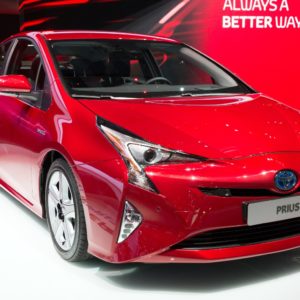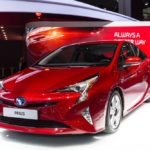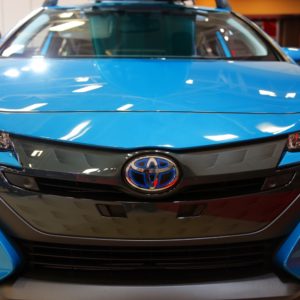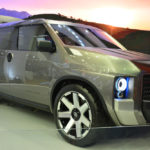Toyota Motor Corp. is reportedly taking its newest development to the streets – a Prius powered by solar panels.
Forget low emissions rates or conservative fuel efficiency. The Japanese automaker is upping its game in lowering carbon footprint from its cars by developing a Toyota Prius equipped with high-efficiency solar batteries.
The company has partnered with Sharp Corporation and NEDO, a Japanese government agency, over the last three years to look into the use of solar power for cars.
The Prius being tested has solar panels built into it, measuring only around 0.001 inches thick. With its size, Toyota can add the panels not only to the roof, but also the hood and rear hatch door.
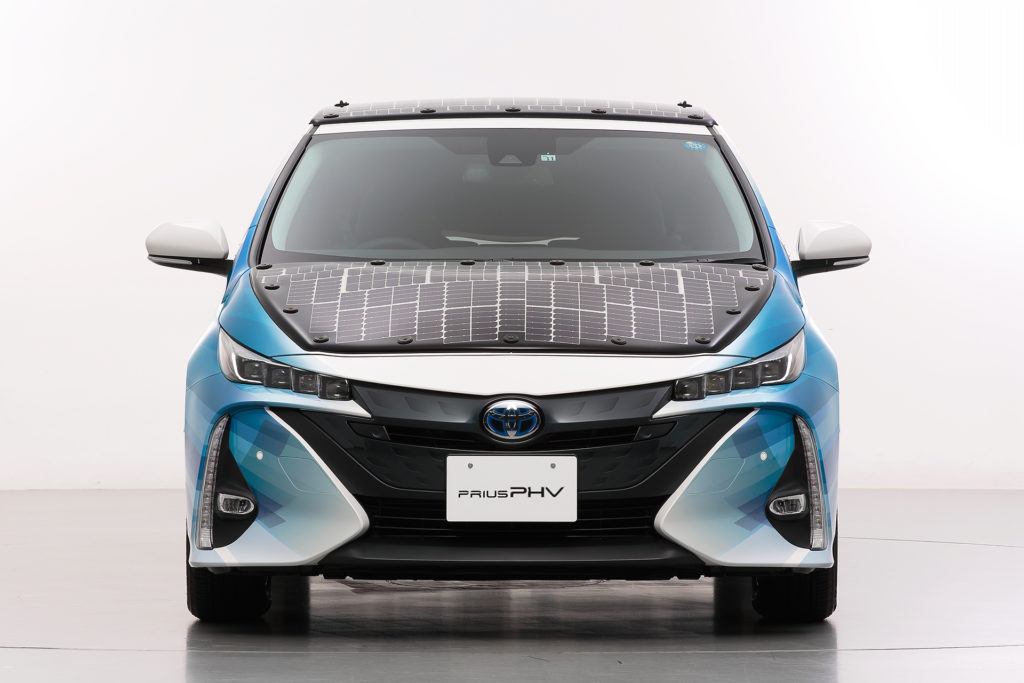
In a press release, the company said the solar panels register “a conversion efficiency of 34 percent-plus” and are also capable of delivering 860 watts of power. But while the solar panels are not the sole source of the car’s energy, its inclusion can certainly allay customers’ fears of running out of power mid-drive.
The concern also may not be much of an issue in the U.S. market. According to reports, Americans average 31.5 miles of driving daily. It’s up compared to previous years, but definitely well within the limits of EV models like the Prius L Eco, whose combined city/highway MPG is 56 miles.
Toyota also addressed concerns about scenarios wherein the owner might need to escape from natural disasters and calamities without a charge.
“Previously, the Prius PHV charged the driving battery only while the vehicle was parked. However, with improvements in power generation output, the demo car employs a system that charges while the vehicle is being driven,” Toyota said in a press statement.
The new solar panels are expected to improve the cruising mode and of the Prius and boost its range by 27 miles.
The brand has not announced when the solar-powered cars are actually going to be released, although it probably will not take long once the company completes its testing and sees great results.
Any information provided on this Website is for informational purposes only and is not intended to replace consultation with a professional mechanic. The accuracy and timeliness of the information may change from the time of publication.



